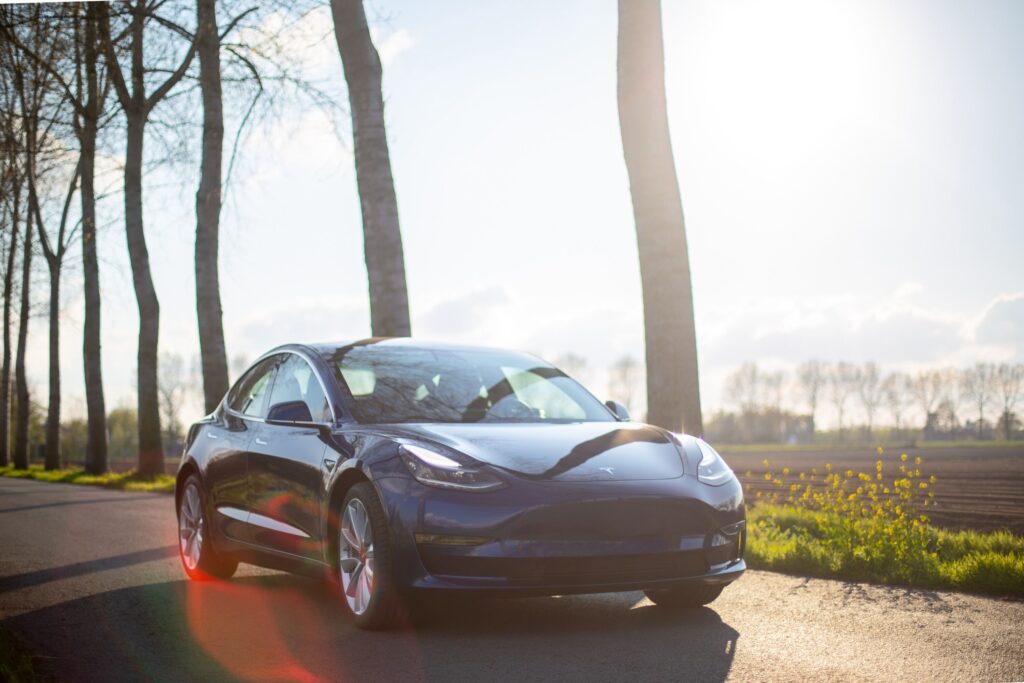ExoPower has received a $251,522 Small Business Innovation Research (SBIR) Phase I award from the National Science Foundation (NSF), marking a significant leap toward revolutionizing the way we power material handling vehicles (MHVs).
ExoPower’s in-motion capacitive wireless charging technology would allow up to 80% smaller batteries to power most electric vehicles (EVs) and MHVs, cutting costs and making them a more affordable alternative to gasoline-powered vehicles.
Founder Brandon Regensburger began developing the technology while pursuing his Ph.D. in electrical and computer engineering at Cornell University. In 2020, he completed the Commercialization Fellowship, a program that helps doctoral researchers gain the skills they need to bring a technology to market.
As a Commercialization Fellow, Regensburger completed NSF I-Corps regional and national courses and honed the product-market fit of the in-motion wireless charging innovation. By the end of the program, he launched ExoPower.
“I-Corps has been critical for finding our market fit,” Regensburger said. “Customer discovery is very important to finding the right market, as you may pivot from what you thought your initial market would be.”
The SBIR award will support the development of a capacitive wireless charging system for MHVs such as mobile robots and forklifts. The core objectives for the project include ensuring safe activation and deactivation, maintaining thermal stability, and achieving high power transfer even when there are coupler misalignments, all of which will aid in commercialization of the technology.
The potential for ExoPower’s innovation to make EVs more competitive with gas-powered vehicles will have implications for the environment and national security. More EVs on the road would significantly reduce air pollution and dependence on oil sourced from outside the U.S.
“I’m excited about creating a technology that has this incredible potential, and that I’m doing it for my own company,” Regensburger said.
Regensburger currently has a post-doctoral fellowship at Cornell University, where he continues his wireless charging research. He recently graduated from the inaugural cohort of the Ignite fellowship’s Postdoc for Ventures Program, which provides funding and mentorship for researchers-turned-startup founders.


